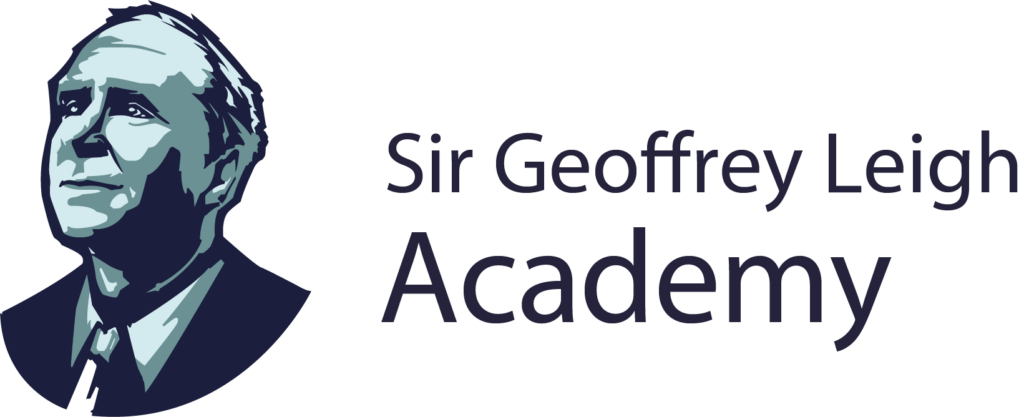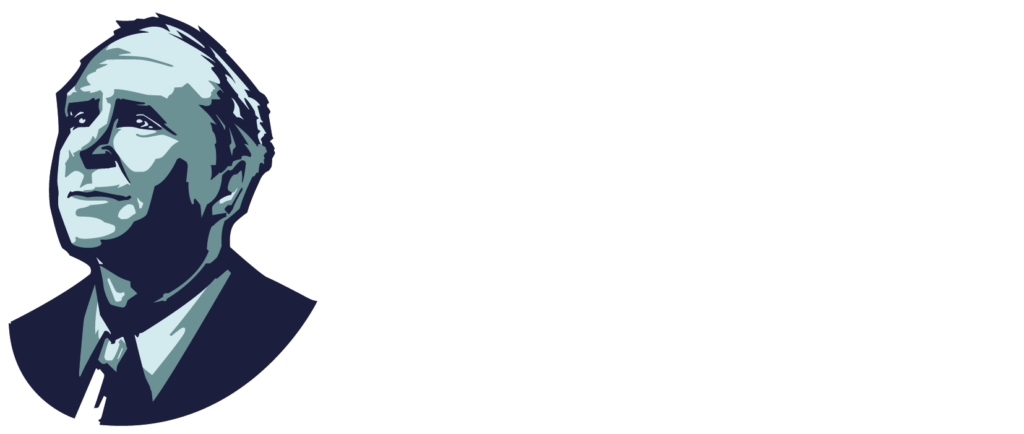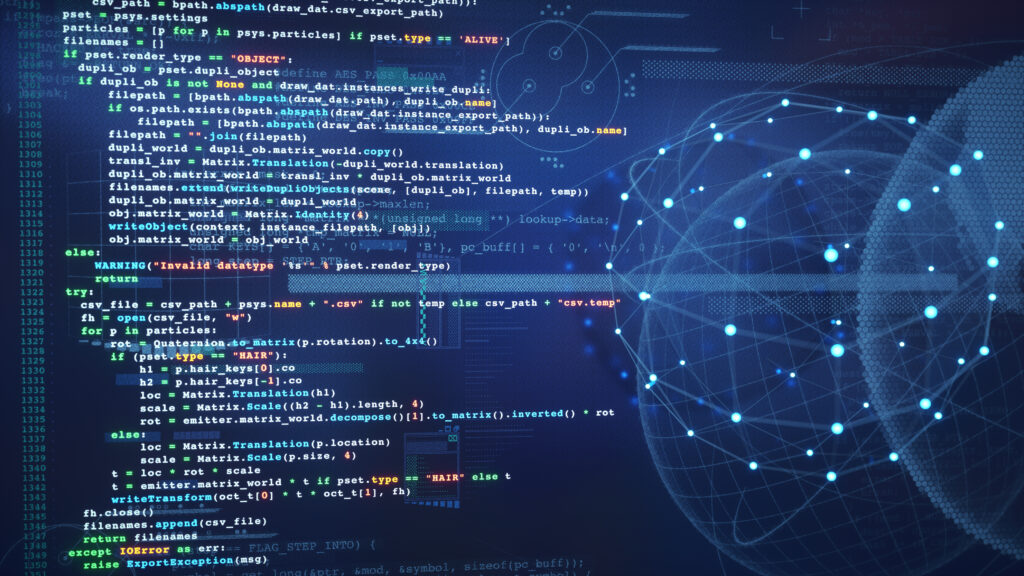Qualification Aims and Objectives
This course explores how computing systems and technologies are developed, secured and applied in business and society. You’ll study hardware and software systems, programming, database and network solutions, and cyber-security; you’ll build practical computing projects and apply your skills to real-world IT challenges.
Objectives
- Develop knowledge and understanding of key computing principles, systems, and processes.
- Apply computing skills to solve real-life problems through programming, system design, testing and deployment.
- Build analytical and technical skills through hands-on projects, practical assignments and software development.
- Consider the ethical, social, legal and security implications of computing and data use.
- Prepare for further study and careers in computing, software engineering, IT support, cybersecurity, web and database development.




